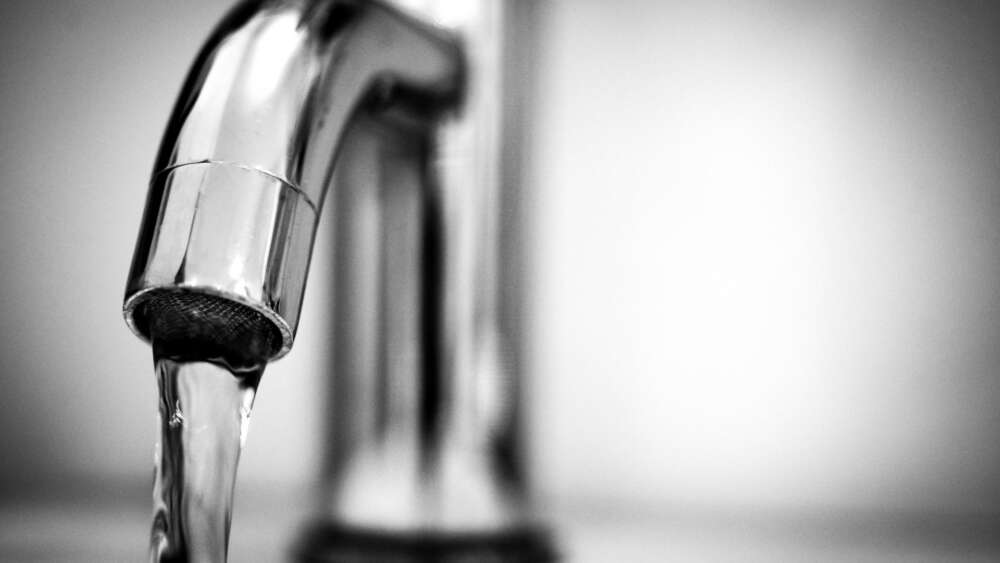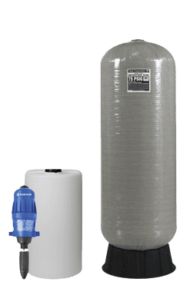6 Major Problems of Well Water And How they can be solved
Well water is not the same as city or municipal water.
Municipal water is delivered to you after multiple purification steps, whereas well water is delivered straight to your tap.
Well water problems are many, you need to determine whether it is safe to drink, measure it on many parameters, and implement appropriate water treatment solutions.
Usually, well water is directly extracted from groundwater through pipes and brought to the surface by a pump. It may have many issues regarding safety and cleanliness that need to be resolved through applicable water filtration systems before consumption. Let us have a close look at a few of the major things you need to assess to determine in your well or surface water and their probable solutions.

1. Hard Water

Hardness of water is highly undesirable, especially for water and piping solutions. Hard water leaves scales on the surfaces of water appliances. If your well water is hard, then you will see scales around your taps, water pipes, faucets, showers, and so on. The valves inside your water appliances start to choke due to the constant deposit of layer after layer. Water softeners are the most appropriate solutions for the treatment of hard water.
2. High TDS
The TDS, or total dissolved solids, of well water, is another possible issue. 500 ppm or less is the requirement for drinking water. High TDS levels are frequently brought on by excessively hard water, a lot of salt, or other minerals.

3. Bacteria

The presence of bacteria is one of the major problems that you may face while using well water. Their presence can only be determined by having the water sample tested in a lab specifically for bacteria. Bacteria may alter the color and odor of water. It can also lead to stains on your water pipes and fixtures. Bacteria can be killed by using UV -(ultraviolet light) based water treatment solutions.
4. Lead
Groundwater may get contaminated with lead from mining, plumbing, gasoline, coal, and water additives. The presence of lead in good components or plumbing fittings, as well as in certain solders used to join pipes, is a bigger worry. Safeguarding against lead is rather simple. You may either use a Reverse Osmosis water filtration system or a particular type of carbon filter to treat the water supply to your house.

5. Sulfur

You should be concerned about the quality and safety of your water if it has an unpleasant or odd odor. Some smells are a sign of toxins that might be harmful to your health. Other scents, such as those brought on by hydrogen sulfide, are more bothersome and merely influence the water’s flavor. An iron/sulfur filter is a suitable Well water solution for getting rid of sulphur-based compounds from your well water supply.
6. Iron
These rusty stains, which frequently appear in your toilets, faucets, dishwasher, etc., are caused by iron in your water. Generally, the water that comes from the faucet is colorless, but as soon as it comes into contact with the air, iron begins to leach out and the water begins to discolor and stain. An iron/sulfur filter may be tailored for your household based on the results of a field or laboratory test to establish the iron content of your water.

Acquire Appropriate Water Treatment Solutions From Smart Water TT

Smart Water & Wastewater Treatment & Technology offers a plethora of water treatment solutions for homes in the USA. Whether you need water softeners or desalination systems, you can get them here at the best prices. Check out the range of water filtration solutions now and discover the best suitable ones for your home to ensure the usage of clean and safe water.

